|
One of the things that’s kept me awake at night during the pandemic is accounts of people dying alone. Does it really have to be that way?
Today in The Conversation Canada, Barbara Pesut of the University of British Columbia says we need a harm reduction model when we think about how our health systems plan and oversee care of the dying in the pandemic. “In times of pandemic, ethical decision-making tends to emphasize the good of the community over the good of the individual," she writes. "But if impinging on the rights of an individual is actually a matter of harm — insofar as it violates ancient social and ethical values about care for elders or the dying, and thereby
hurts the dying and their loved ones — we need to think differently.”
Also in today’s edition:
Regards,
|
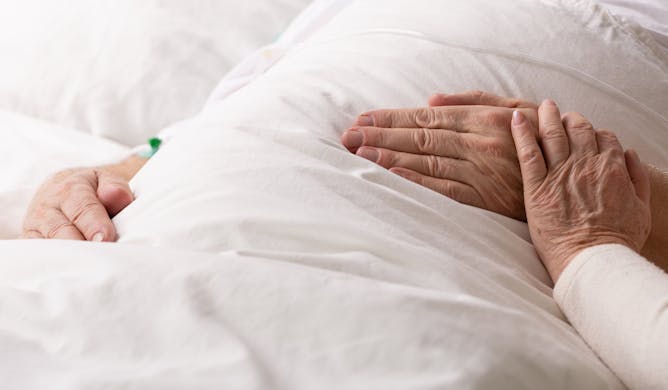
The Canadian Hospice Palliative Care Association is calling on health authorities to “implement a more compassionate approach to end-of-life visitations … during the COVID-19 pandemic.”
(Shutterstock)
Barbara Pesut, University of British Columbia
Preventing people from dying alone in a pandemic takes ingenuity and money, but it’s the right thing to do.
|

A man marks places in a mosque for worshippers to maintain distance during prayers after the government relaxed the weeks-long lockdown that was enforced to curb the spread of the coronavirus, in Peshawar, Pakistan.
(AP Photo/Muhammad Sajjad)
Faisal Kamal, University of Toronto
The ulema's reaction to the government's decision to limit access to mosques — and the civil society's counter-reaction — should be viewed in terms of challenges to traditional theism in modernity.
|
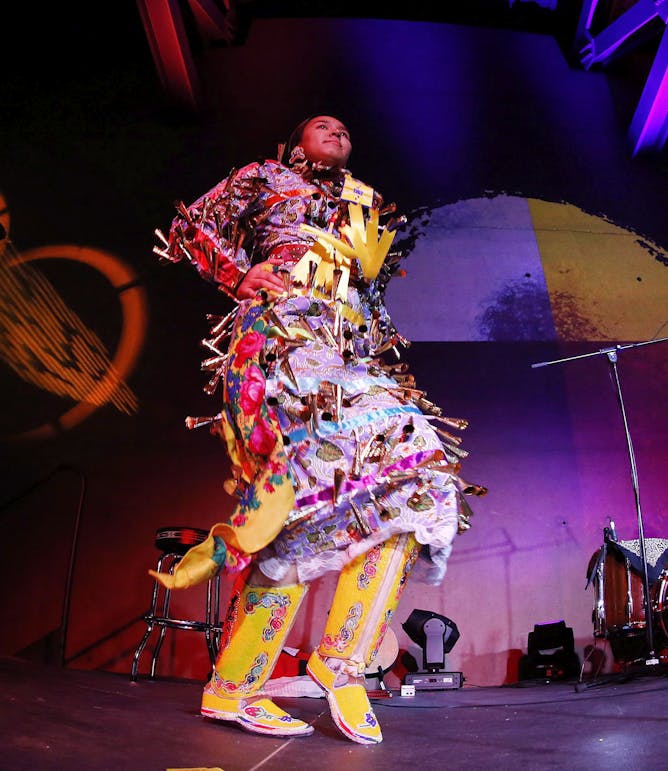
Kyla Henry, from Roseau River and Winnipeg, performs a Jingle Dress dance with Carson Robinson, from Sagkeeng First Nation, during a concert at the Canadian Museum for Human Rights in Winnipeg in June 2018.
THE CANADIAN PRESS/John Woods
Jennifer Brant, University of Toronto
Indigenous communities are connecting over digital communities to survive and resist.
|
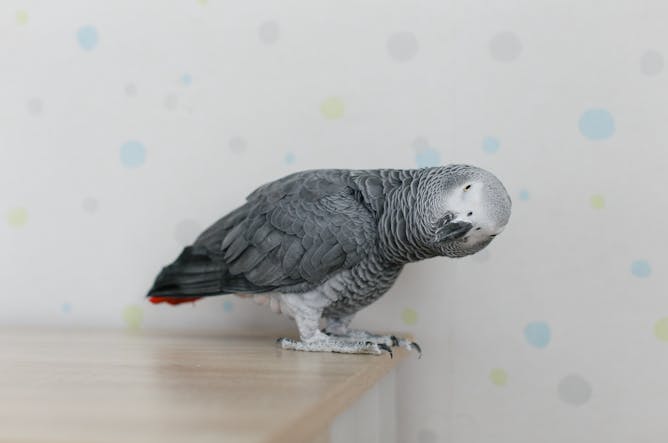
In experiments, African grey parrots have shown an ability with numbers.
(Shutterstock)
Erik Nelson, Dalhousie University
Some animals demonstrate an ability for mathematics that reflects a more sophisticated understanding of language.
|
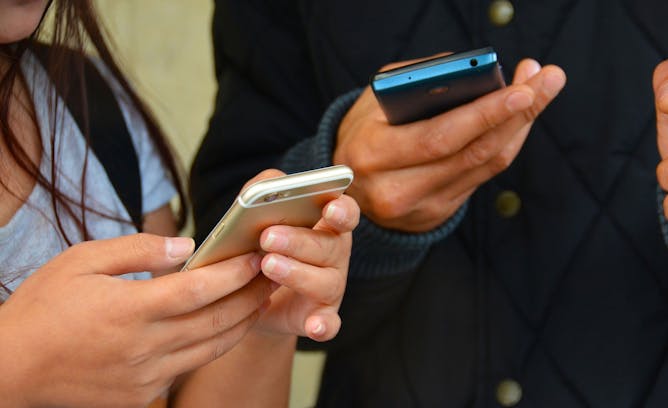
Instagram users may be more influenced politically by their social connections on the platform than they are by political accounts.
(Dean Moriarty, Pixabay)
Sabrina Wilkinson, Goldsmiths, University of London
A survey shows respondents who used Instagram for political information during the 2019 federal election were more likely to interact with people they knew, not political accounts.
|
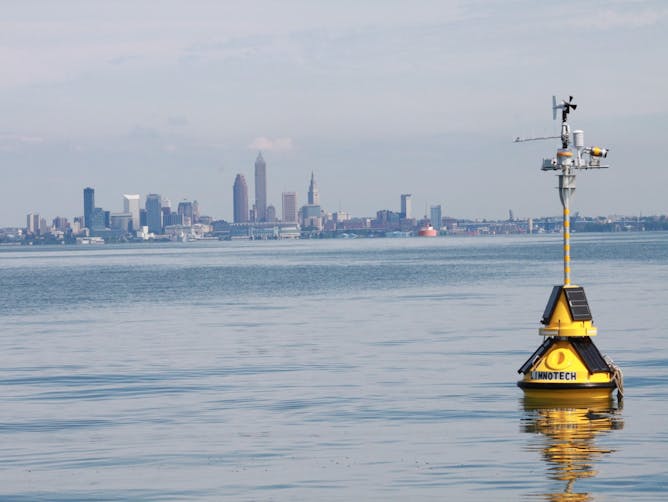
Buoys and underwater probes can measure water quality, like this one outside of Cleveland, Ohio.
(Ed Verhamme, LimnoTech)
Robert Michael Lee McKay, University of Windsor; George S Bullerjahn, Bowling Green State University
A networked array of sensors could warn drinking water utilities in real time of harmful algal blooms and prevent public health crises.
|
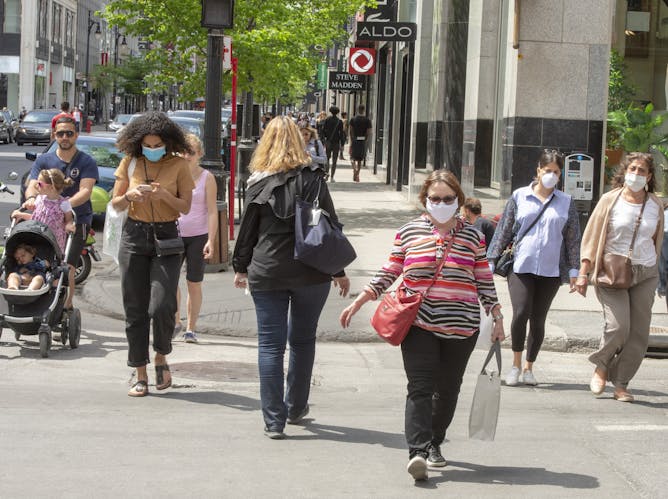
Les gens marchent sur la rue Sainte-Catherine, le 25 mai, à Montréal, alors que de nombreux commerces non essentiels ont été autorisés à rouvrir.
LA PRESSE CANADIENNE/Ryan Remiorz
François Audet, Université du Québec à Montréal (UQAM); Caroline Coulombe, Université du Québec à Montréal (UQAM); David Morin, Université de Sherbrooke ; Diane Alalouf-Hall, Université du Québec à Montréal (UQAM); Gauthier Mouton, Université du Québec à Montréal (UQAM); Valériane Thool, Université du Québec à Montréal (UQAM)
Le déconfinement se fera en cohabitation avec le virus. Le retour à la « normale » est impossible et surtout non recommandé. Il faut reconstruire notre tissu social dans ce nouveau contexte.
|